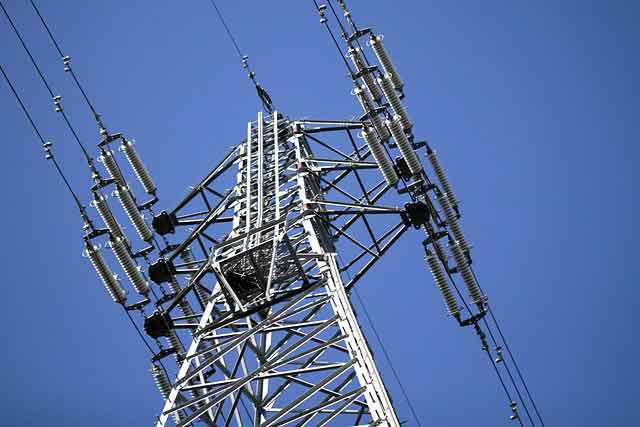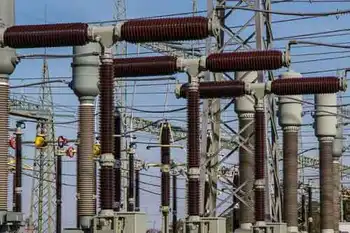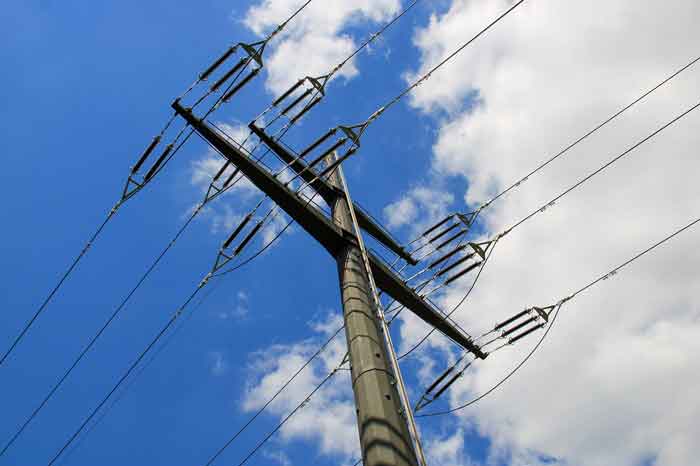Americans ready for 10-year plan: Pickens
Pickens said he believes the U.S. has enough natural gas reserves to "replace dirty foreign oil."
Speaking at the Sustainable Innovation Summit in Dallas, Pickens reiterated his belief that wind and solar power also are keys to energy independence.
The Texas oilman said nothing has happened in the two years since Obama pledged to implement a 10-year plan for exploring alternative energy sources.
Pickens also criticized the U.S. for being behind China in trying to solve energy problems.
"America has never had a plan," Pickens said. "They have a plan to solve their problem, we don't."
Pickens said the money that would be saved by using the alternative energy he proposes would far outweigh any initial costs.
His plan includes creating new jobs from expanding on the wind and solar energy industry, providing incentives for homeowners and commercial building owners to upgrade their insulation and other energy saving options and to use the country's natural gas reserves to replace imported oil as fuel until another more viable option is available.
Pickens does not think using natural gas reserves is a permanent solution. He said it is a bridge to help buy the U.S. time to further develop alternative strategies for fuel.
"We can save two and a half million barrels of fuel a day by changing 18-wheelers to natural gas," Pickens said.
Switching to natural gas would also help the U.S. keep more of the $350 to $430 billion spent on imported oil every year, Pickens said.
In January, Pickens bought about 300 wind turbines — less than half of what he planned to order to build the world's largest wind farm in Texas. The wind farm initially called for 687 turbines.
Related News

US judge orders PG&E to use dividends to pay for efforts to reduce wildfire risks
LOS ANGELES - A U.S. judge said on Tuesday that PG&E may not resume paying dividends and must use the money to fund its plan for cutting down trees to reduce the risk of wildfires in California, stopping short of more costly measures he proposed earlier this year.
The new criminal probation terms for PG&E are modest compared with ones the judge had in mind in January and that PG&E said could have cost upwards of $150 billion.
The terms will, however, keep PG&E under the supervision of Judge William Alsup of the U.S. District Court for the Northern District of California…





